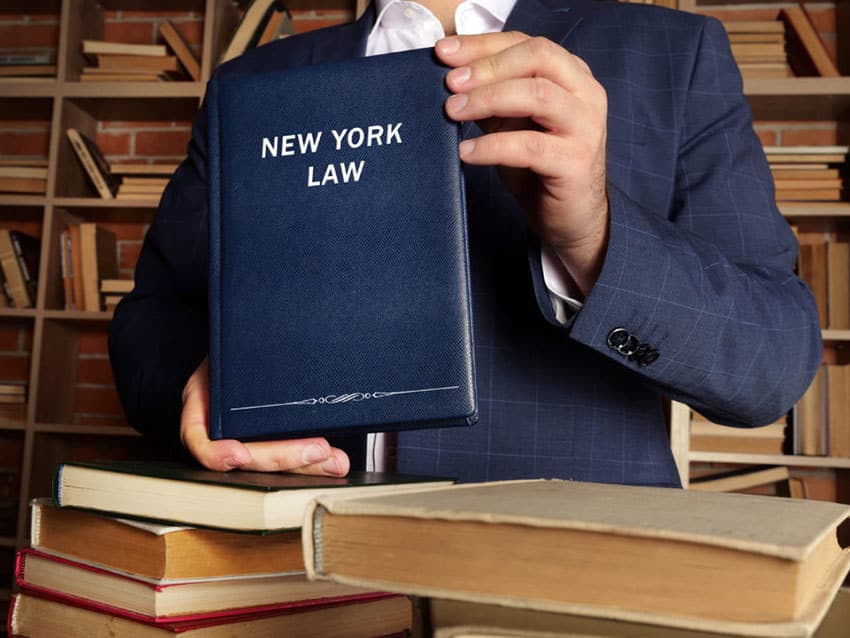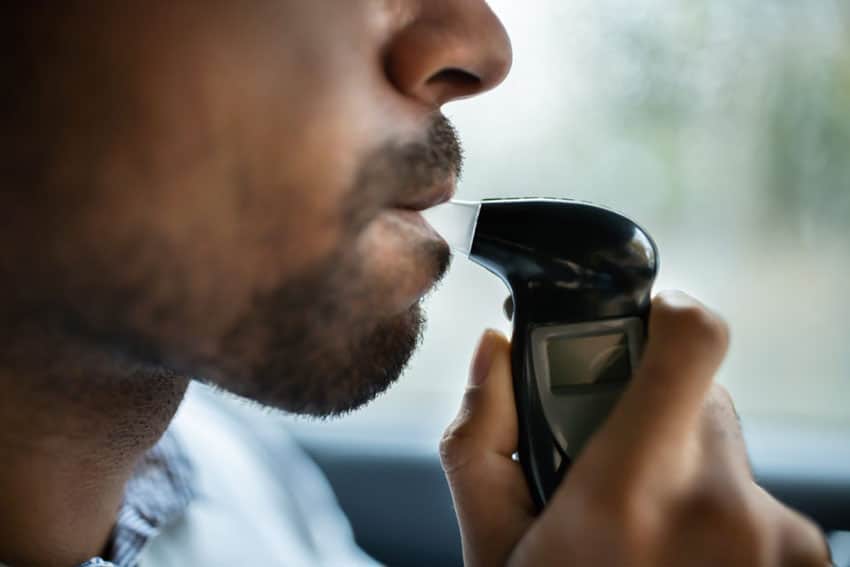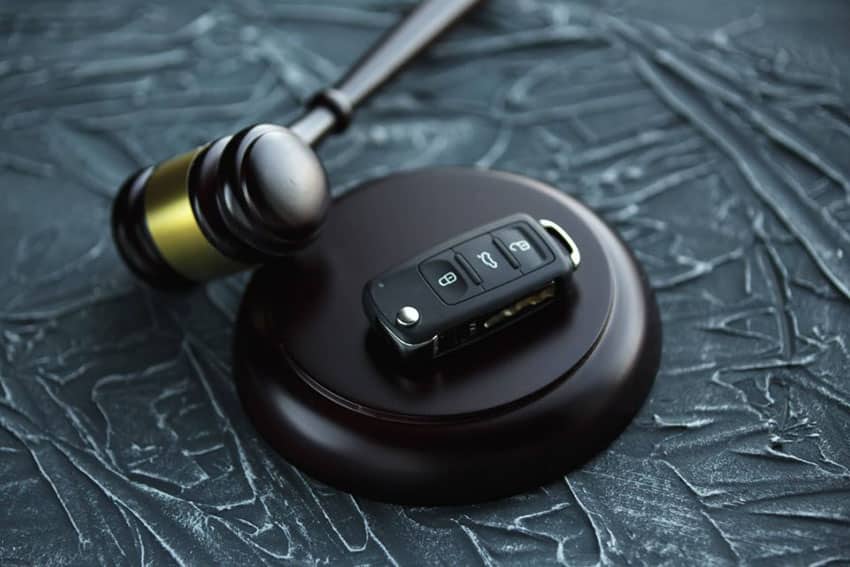Canada, arguably the friendliest neighbor a nation can have, and luckily enough our neighbor to the north, is a frequent tourist destination for U.S. citizens and residents alike. As a result, we are frequently asked if you are still able to enter Canada with a DUI charge from New York. The first, and most important, thing to know is that the Canadian government takes DWI charges very seriously in their country.
If you have ever been arrested or convicted for driving under the influence of drugs or alcohol, regardless of whether it was a misdemeanor or felony offense, you may be criminally inadmissible to Canada, and denied entry at the border crossing. Irrespective of whether or not you have any intention to drive while in the country, a DWI charge can cause you to get turned away at the U.S-Canadian border and can impede your eligibility across all Canadian immigration programs.
How to Obtain Permission to Enter Canada With a DWI Charge
Most people reading this would be interested to learn how to get into Canada with a DWI as simply and easily as possible. To overcome criminal inadmissibility to Canada, a person must correctly apply for, and then successfully receive, permission from Canadian legal authorities to visit the country. Unfortunately, getting permission to enter Canada with a dui can be a highly complex legal process that could easily overwhelm someone without professional assistance. Criminal inadmissibility to Canada as a result of a DWI or a related impaired driving charge can be overcome by working with the Canadian government.
Some Facts
According to the Government of Canada’s website, here are the steps one needs to take to apply for approval to enter the country.
If you were convicted of or committed a criminal charge outside Canada, you may overcome this criminal inadmissibility:
“by applying for rehabilitation, or you may be deemed to have been rehabilitated if at least ten years have passed since you completed the sentence imposed upon you, or since you committed the offense, if the offense is one that would, in Canada, be an indictable charge punishable by a maximum term of imprisonment of less than ten years.
If the offense is one that would, in Canada, be prosecuted summarily, and if you were convicted for two (2) or more such offenses, the period for rehabilitation is at least five (5) years after the sentences imposed were served or are to be served.”
Related to their definition of rehabilitation: “If you were convicted of an offense outside Canada that, if committed in Canada, would be an indictable offense punishable by a maximum term of imprisonment of less than ten years:
You are deemed rehabilitated: at least ten years after completion of the sentence imposed.
You are eligible to apply for rehabilitation: five (5) years after completion of the sentence imposed.”
Why Does Canada Deny Entry to People With a DWI Charge?
These strict rules allow Canada to keep out foreign individuals who have been charged with an indictable offense such as assault, fraud, or criminal mischief, but also allows them to deny entry to people charged with impaired or intoxicated driving.
Because Canada’s immigration regulations view DWI charges as a serious offense, a single impaired driving charge in the United States can bar a person from visiting Canada for over 10 years, even if it was only a misdemeanor. The Canadian Immigration and Refugee Act is the relevant legislation which determines whether entry into Canada for a non-Canadian will be granted or denied. According to this legislation, a pending DWI charge is treated as “under indictment” and potentially excludes the person from entry. Even a reduced DWI charge does not guarantee smooth sailing when entering Canada.
In the end, our northern neighbors take DWI charges very seriously, and it becomes very difficult to enter Canada with a pending or previous DWI/DUI charge. So, please plan accordingly when traveling.
DISCLAIMER:The exclusive purpose of this article is educational and it is not intended as either legal advice or a general solution to any specific legal problem. Corporate offices for the DWI Team are located at 231 Walton Street, Syracuse, New York 13202; Telephone No.: (800) 394-8326. Prior results do not guarantee a similar outcome. Attorney Advertising.
The exclusive purpose of this article is educational and it is not intended as either legal advice or a general solution to any specific legal problem. Corporate offices for the DWI Team are located at 231 Walton Street,; Syracuse, New York 13202; Telephone No.: (800) 394-8326. Prior results do not guarantee a similar outcome. Attorney Advertising.[/fusion_text][/fusion_builder_column][/fusion_builder_row][/fusion_builder_container]











